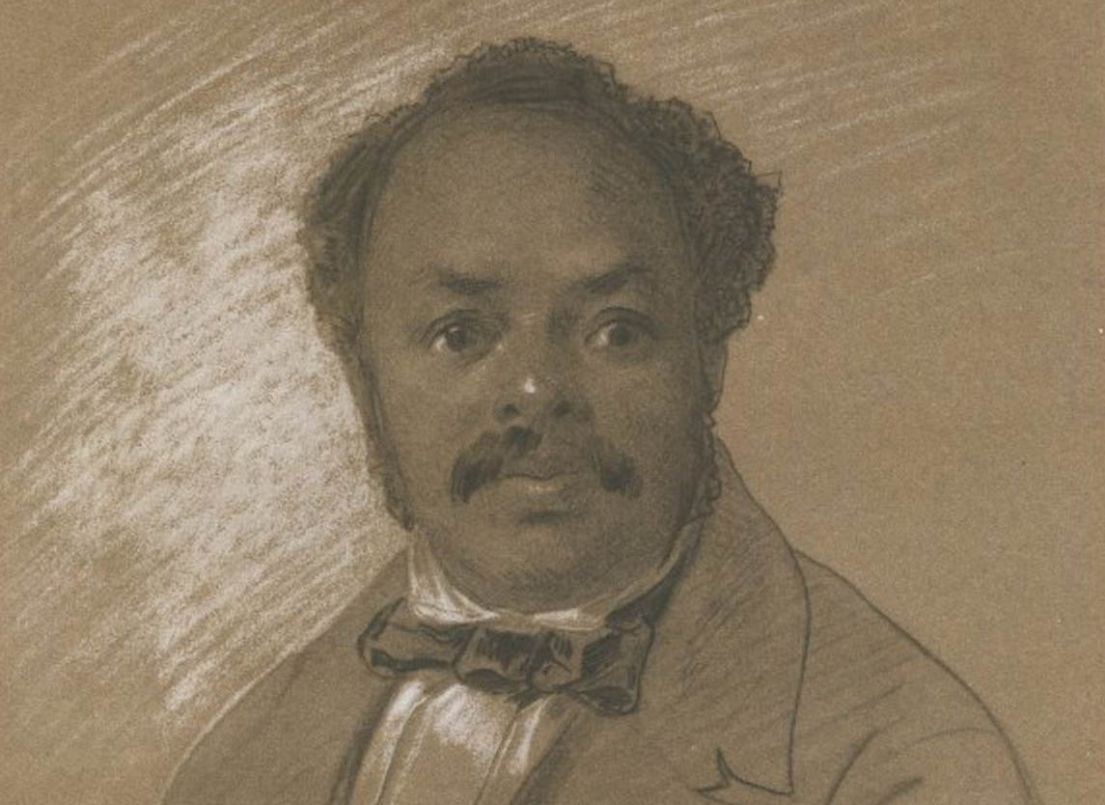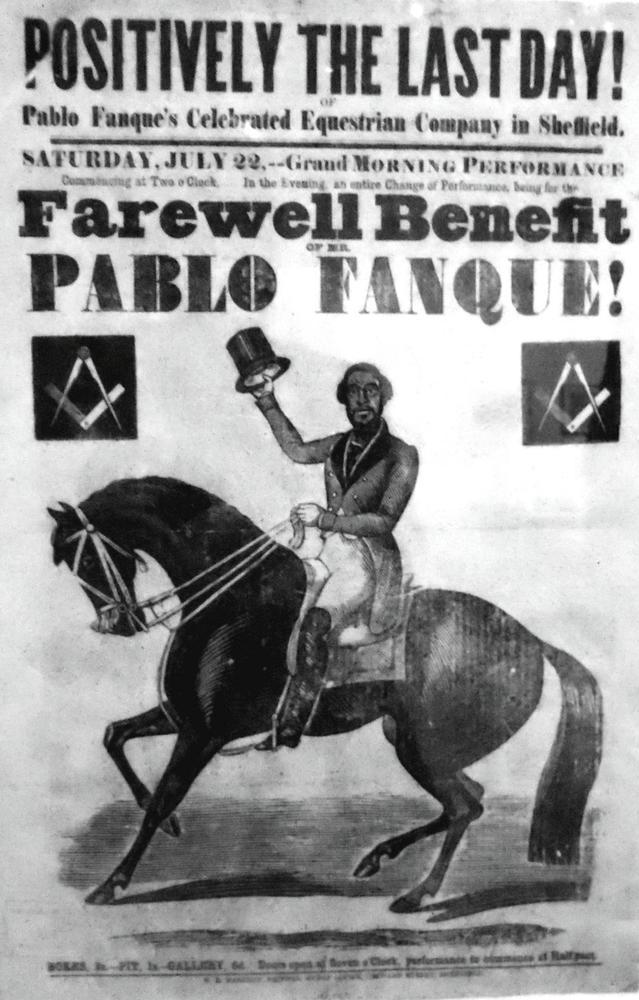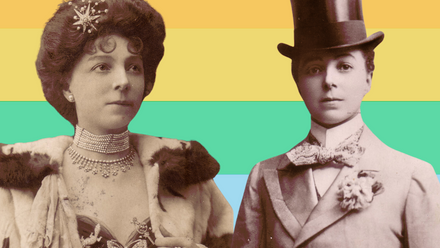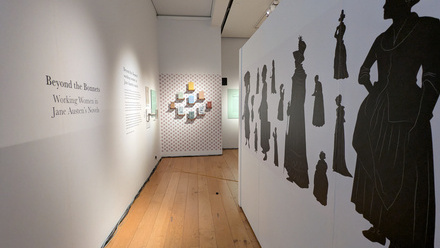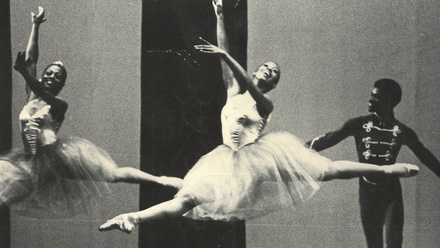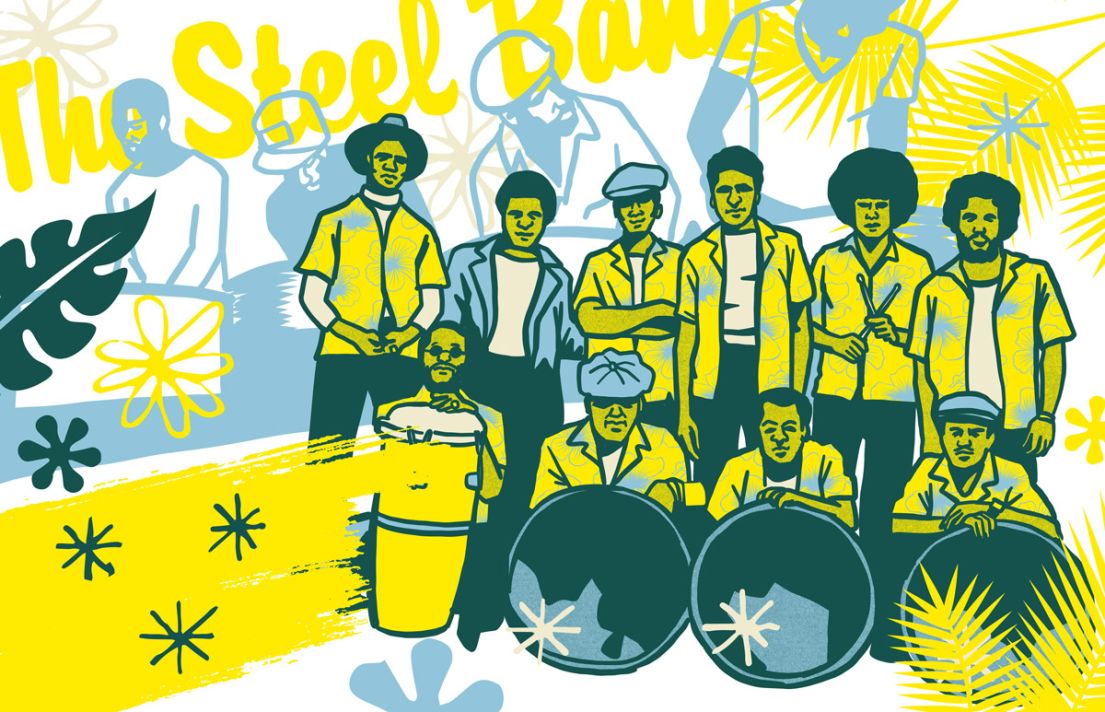
Let the band play on
The musical heritage of the steel pan sound was celebrated in Luton and Leeds this year with events exploring the history of carnival. While in Luton local band the ‘Revellers’ still entertain crowds each year, up north in Kirklees a special pop-up exhibition included a photograph of one of the earliest recorded steel pan bands in England. An article in the Huddersfield Examiner from 1957 features a group called ‘Sunrise Melody’, made up of twelve young men from Grenada. They used oil drums from Imperial Chemical Industries, where many of them worked, to craft their finely tuned instruments and would rehearse in the local church hall.
If that photo had not been taken, that band would never have been documented because a lot of the families, have only just seen this photograph for the first time. Many of these people didn’t even know that their grandad was part of a band. It’s things like this that are very significant and important, particularly for those communities whose stories would seldom get recorded and documented, when they made Kirklees their home in the 1950s-70s.
Hear the choir sing
The Fisk University Jubilee Singers were a choral group that toured Europe and America, singing in front of dignitaries including Queen Victoria. Nine of the eleven singers were former enslaved people, and they brought ‘spirituals’ (aka slave songs) to a wide audience. On their first tour of England in 1873 they visited Hull (East Riding of Yorkshire) three times - the city where William Wilberforce, a leader in the abolition of the slave trade was born. They toured his house and took back a portrait to hang in their university.
The original group was formed out of a singing class at the university in Nashville, Tennessee, and toured to raise money for it. They gained the funds to build the University’s Jubilee Hall, but the touring schedule was punishing, and the individual singers did not receive anything from it. They disbanded in 1878 but other groups followed their lead. Wonderfully there are still recordings of them singing – including the earliest recording of a male quartet performing Swing Low Sweet Chariot, that is hauntingly beautiful.
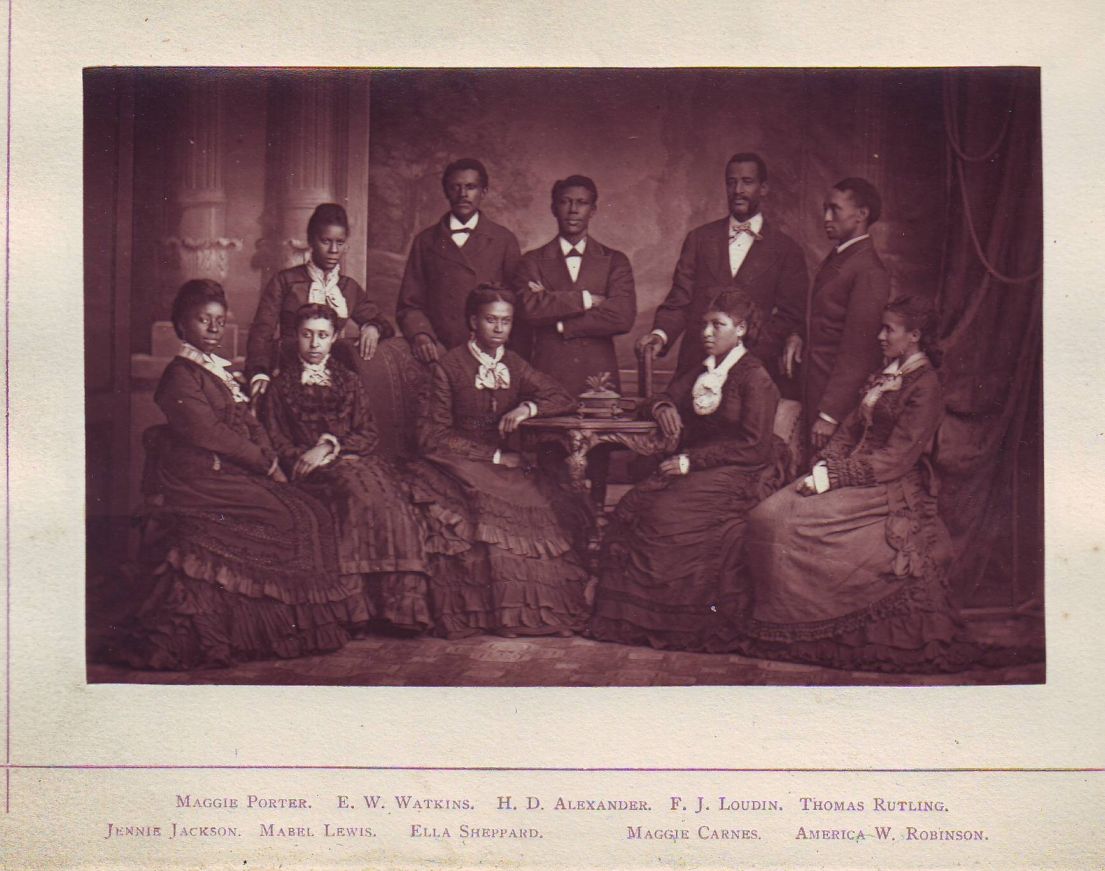
Photo of the Fisk Jubilee Singers commissioned by Queen Victoria to send to Fisk as a gift. The singers featured are: Maggie Porter, E. W. Watkins, H. D. Alexander, F. J. Loudin, Thomas Rutling, Jennie Jackson, Mabel Lewis, Ella Sheppard, Maggie Carnes, and America W. Robinson. (© WikiCommons)
Find out more
We can only give a taster of these stories here, do explore more!
- African stories in Hull & East Yorkshire – including Pablo and the Fisk University Jubilee Singers
- TOWNSOUNDS – a celebration of Huddersfield’s musical heritage
- UK Centre for Carnival Arts - History of steel pan
- Playbills of the past – Leeds library collection has some fantastic circus playbills, including several from Pablo’s shows
- Norwich: a Black History – including mention of Pablo’s link to the Beatles!
- The Power of Protest: Black Abolitionists in Dewsbury

